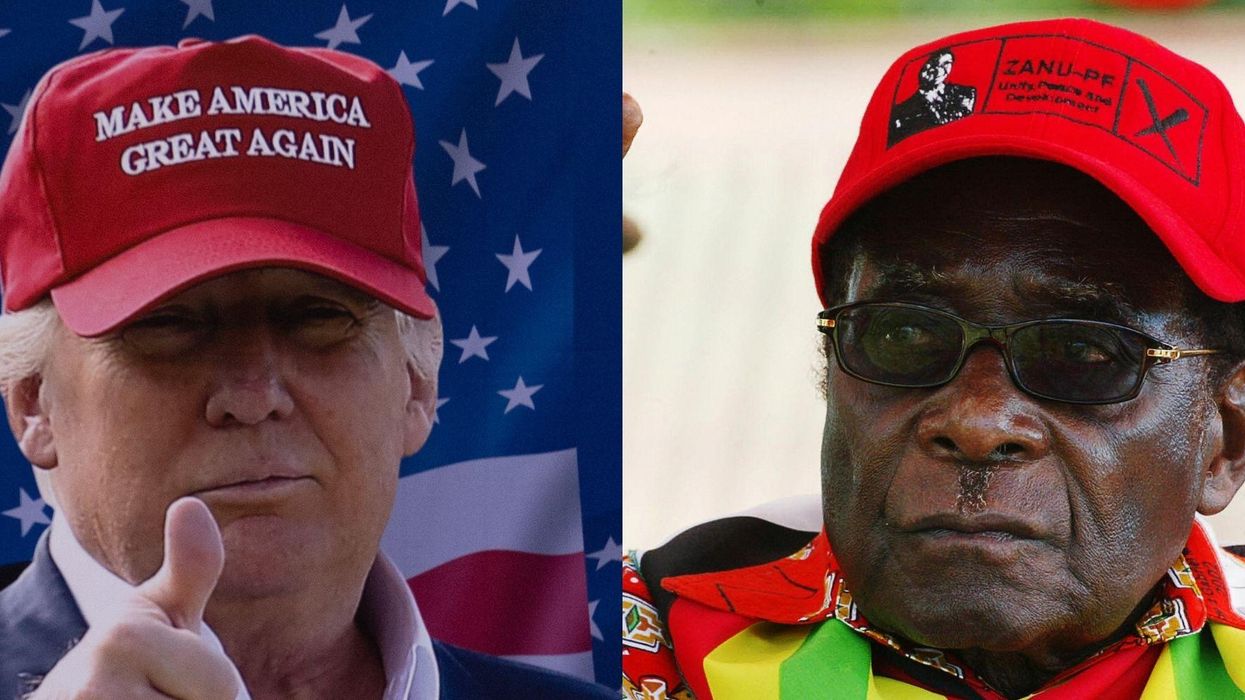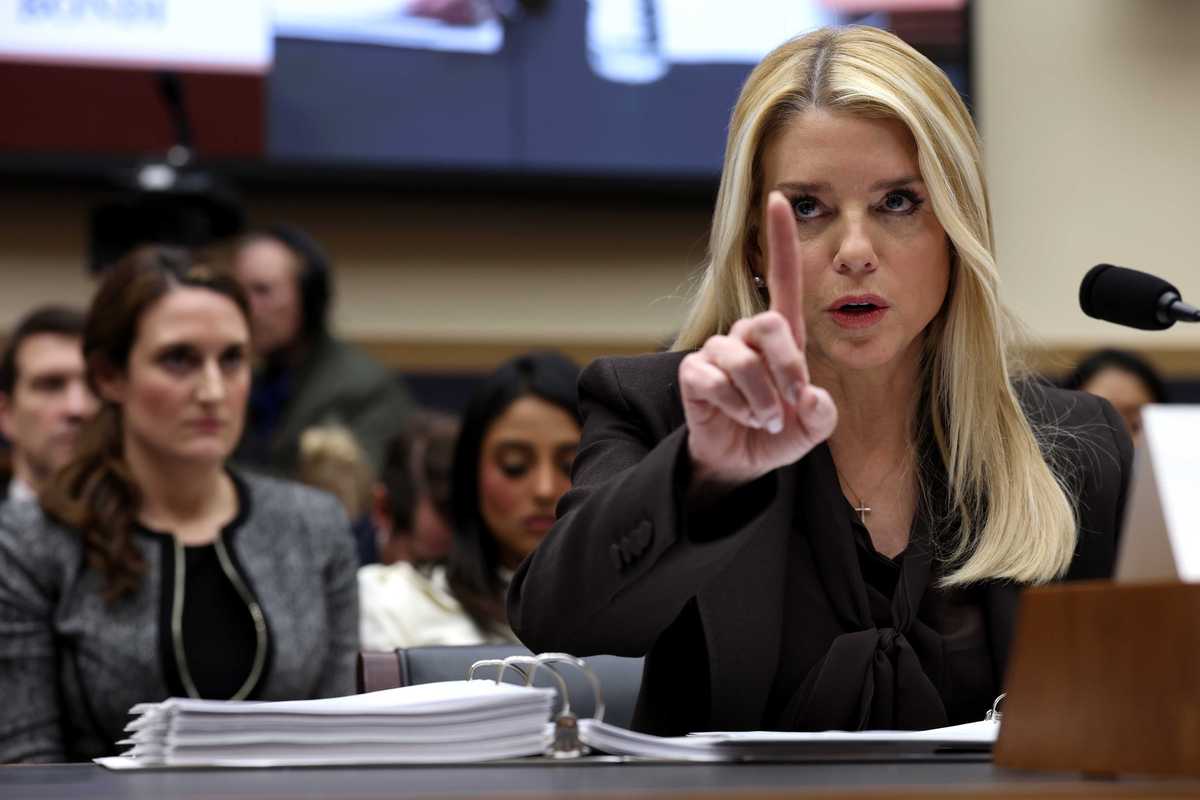Joanna Taylor
Nov 08, 2020

SAUL LOEB / DESMOND KWANDE / Getty Images
We need to stop comparing Trump to African dictators.
Well, that's what people on social media are saying now that the comparison keeps being made.
In a nutshell, people think that to do so is to absolve the United States of blame for any of the conditions that gave rise to Trumpism, and to imply that only the leaders of majority non-white countries can be corrupt, narcissistic and tyrannical.
This kind of comparison is fairly common: Trump has been likened to Robert Mugabe, Muammar al-Gaddafi and others. But all it does is further the myth of white exceptionalism and ensure the lessons of the last four years won't be learnt, as several Twitter users have pointed out.
During his presidency, Trump crushed protests, demonised the media and lied repeatedly to the American people. He also befriended "tough" and "mean" world leaders like Kim Jong-Un and Recep Tayyip Erdogan and suggested he should serve as president for longer than the legal limit.
Completely baselessly contesting the election's legitimacy isn't Trump taking a leaf out of a foreign dictator's playbook. It's the logical end to four years of undemocratic behaviour. The blame for that doesn't lie outside of North America.
Also, it's not like there aren't any white dictators to compare Trump to, if we really must.
People just seem to reach for African and Middle Eastern despots far more easily.
Now Biden has won the presidency, liberals and progressives can't just sink back down into the comfort of having a Democrat president and ignore the social and political landscape Trump thrived in.
To consider him an irregularity, more akin to an African dictator than a US president, is to wash your hands of the very serious work that needs to be done to bring about justice for the people disenfranchised by Trump's administration and prevent further harm.
Top 100
The Conversation (0)













